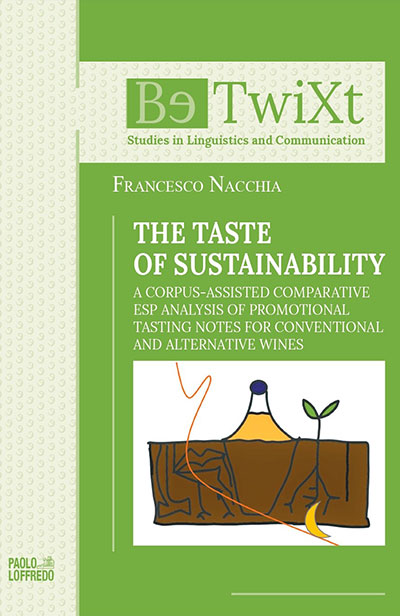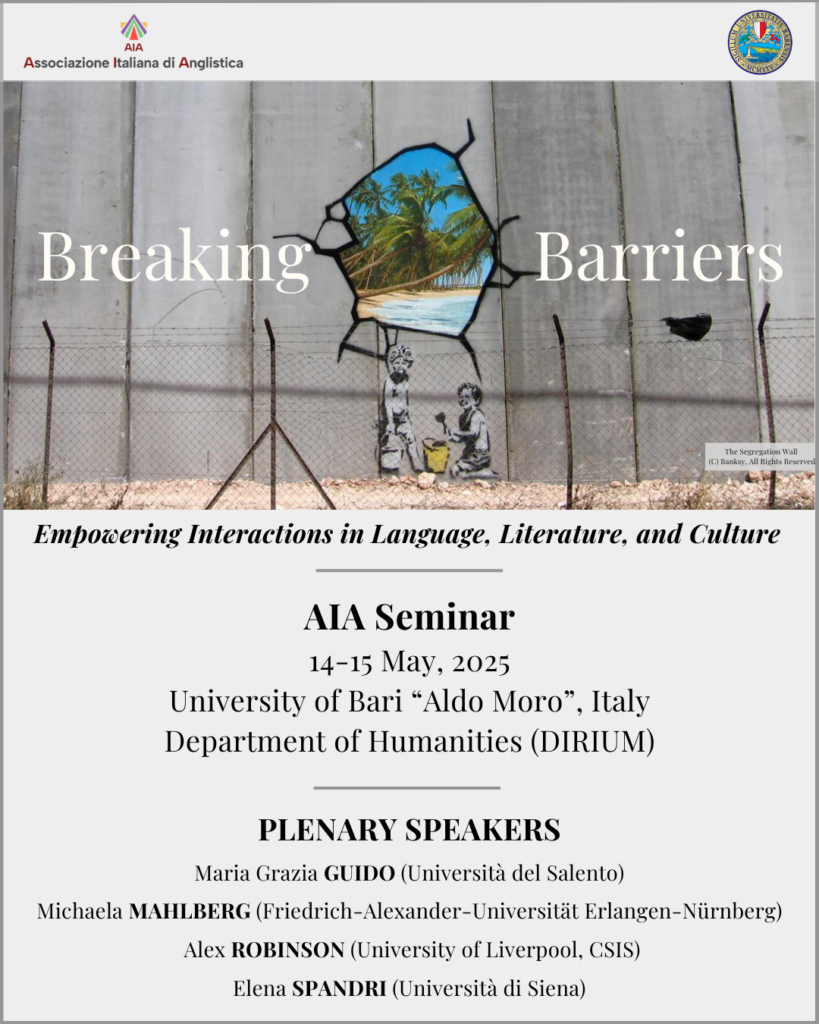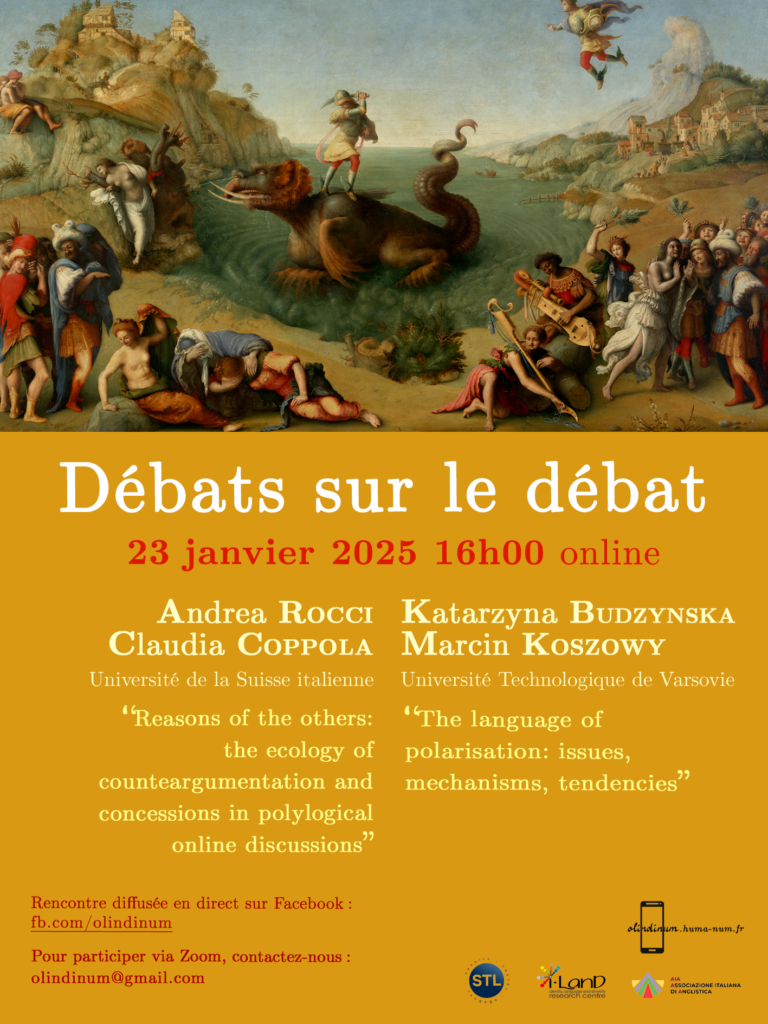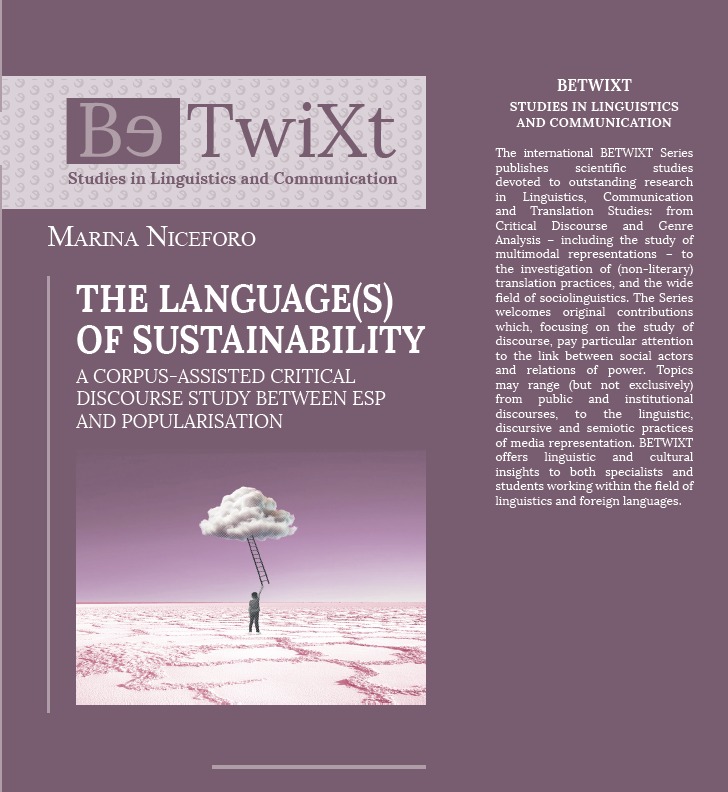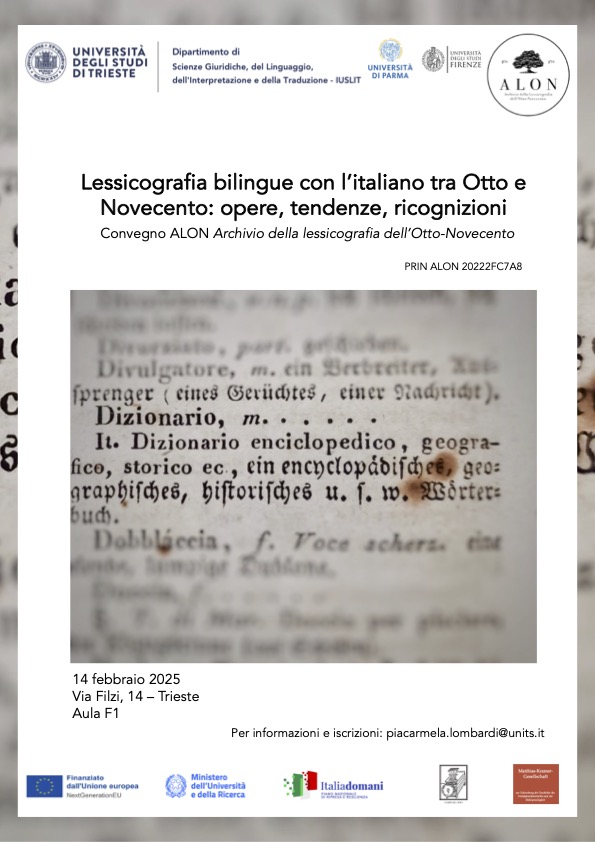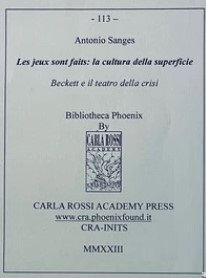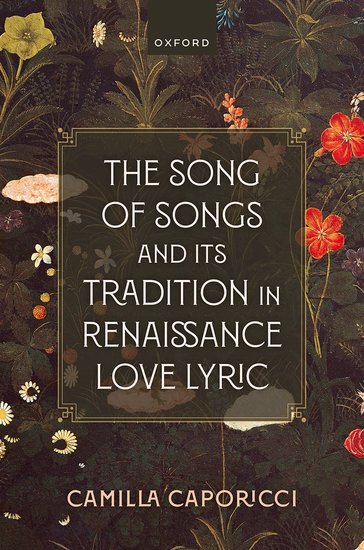Camilla Caporicci Oxford University Press, 2024, pp. 480. ISBN: 9780192848833 Traditionally attributed to King Solomon, the Song of Songs is one of the most fascinating and controversial biblical books, and played an essential role in the shaping of European spirituality and culture. Combining a sensual and deeply lyrical celebration of love with a well-established tradition of Christian allegorical interpretation, this text, crucial to both the Middle Ages and the early modern period, held a particular appeal for poets. The Song of Songs and Its Tradition in Renaissance Love Lyric is the first systematic and wide-ranging investigation of the multifaceted use of the Song of Songs in Renaissance love lyric poetry, with specific attention to Italian, French, and, especially, English poetic production. At the same time, this investigation is embedded into a narrative that, comprising two initial chapters devoted to medieval poetry and to Francesco Petrarca, represents an unprecedented attempt to trace the role of the Song of Songs in the rise and development of the European love lyric, following its path – or rather, one of its paths – from the medieval origins of this tradition to the end of the sixteenth century. While the comparative standpoint characterizing this study fosters a deeper comprehension of the evolution of the European love lyric, its multidisciplinary approach, which considers the Song of Songs as the centre of a web of dynamics pertaining to the fields of literature, philosophy, theology, and religious and cultural history, contributes to the understanding of the thought and spirit of ages crucial to the shaping of European culture.

